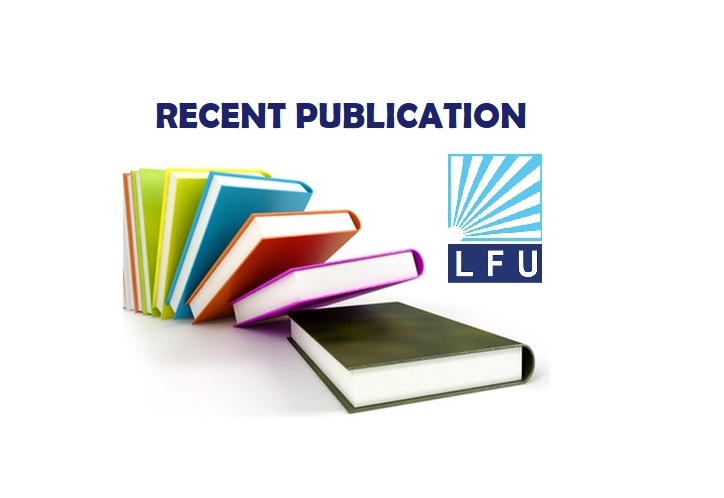-
The present study analyses the concept of self-wisdom in Jean-Paul Sartre’s Nausea (1938), which is known as a novel of ideas. It illustrates existentialism as a literary and philosophical movement that rests on questions about existence, consciousness, and wisdom. The research work examines the relationship between Sartre’s narrator Roquentin and his self-wisdom about the surrounding world in order to respond to the central research questions addressed as what are the barriers that deprive people of self-wisdom? And what motivates self-wisdom? The study is crucial as it assists the readers to prioritise their existence amid the most alienating and disillusioning experiences of modern life through an analytical method of Sartre’s existential novel. It also establishes glimpses of hope among the philosophical and literary readers to avoid absurd interpretations for their existence but rather take actions to struggle with their solitude, which is the outcome of existential crisis.
- Shaida Khasro Mohammed Mirkhan
- Qalaai Zanist Journal
- 30/03/2022
- http://journal.lfu.edu.krd/ojs/index.php/qzj/article/view/906
- https://doi.org/10.25212/lfu.qzj.7.1.35

